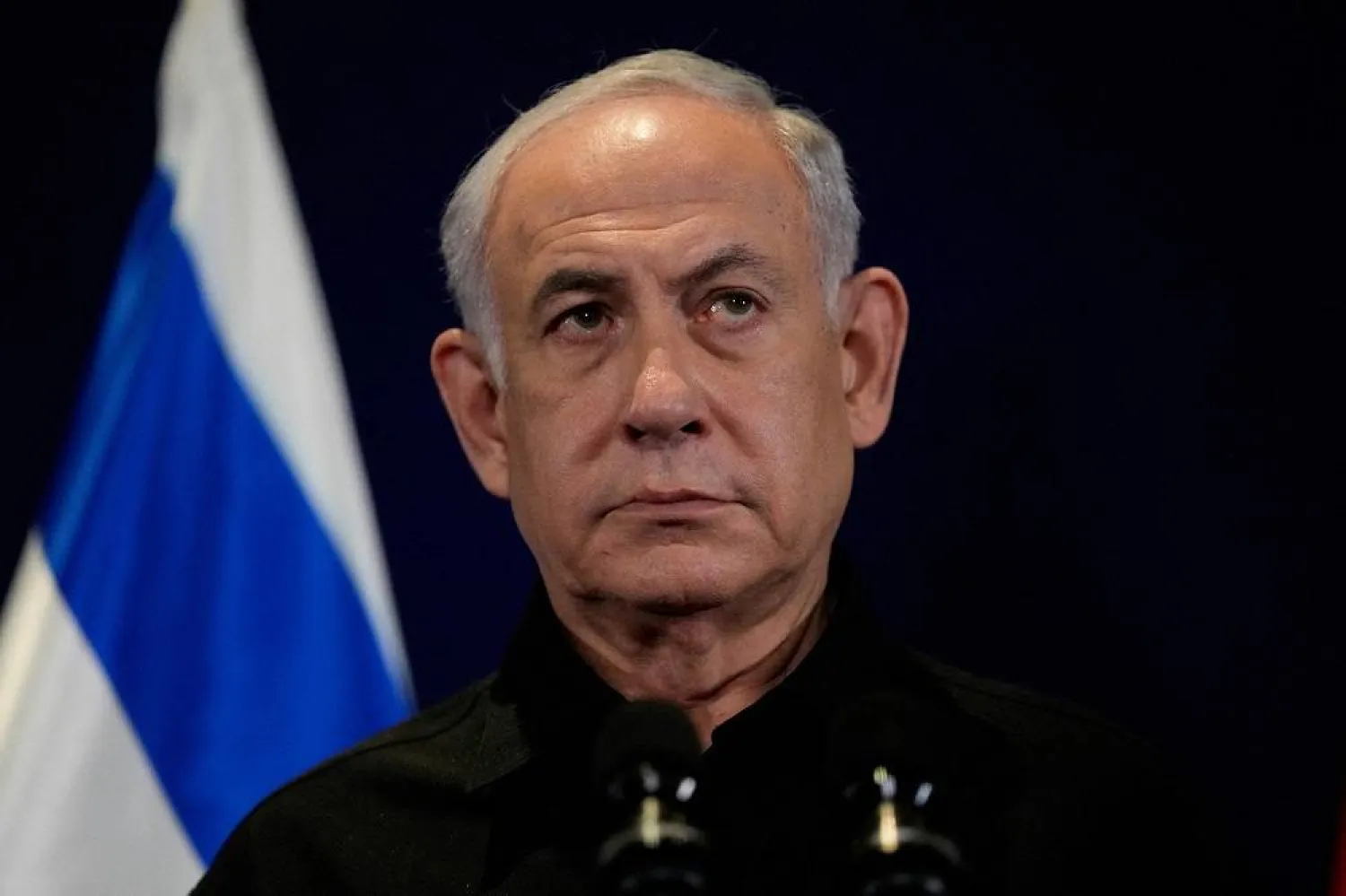One Israeli cabinet minister was barred from a hospital visitors' entrance. Another's bodyguards were drenched with coffee thrown by a bereaved man. A third had "traitor" and "imbecile" shouted at her as she came to comfort families evacuated during the horror.
The shock Oct. 7 massacre by Hamas gunmen has rallied Israelis to one another. But there is little love shown for a government being widely accused of dropping the country's guard and engulfing it in a Gaza war that is rattling the region.
Whatever ensues, a day of judgment looms for Prime Minister Benjamin Netanyahu, after a record-long career of political comebacks.
Public fury over some 1,300 Israeli fatalities has been further fueled by Netanyahu's signature self-styling as a Churchillian strategist who foresaw national-security threats.
Another backdrop is social polarization this year over his religious-nationalist coalition's judicial overhaul drive, which triggered walkouts by some military reservists and raised doubts - now borne out in blood, some argue - about combat-readiness.
"October 2023 Debacle" read a headline in top-selling daily Yedioth Ahronoth, language meant to recall Israel's failure to anticipate a twin Egyptian and Syrian offensive in October 1973, which eventually led then-Prime Minister Golda Meir to resign.
That ouster put paid to the hegemony of Meir's center-left Labour party. Amotz Asa-El, research fellow at the Shalom Hartman Institute in Jerusalem, predicted a similar fate for Netanyahu and his long-dominant, conservative Likud party.
"It doesn't matter if there's a commission of inquiry or not, or whether or not he admits fault. All that matters is what 'middle Israelis' think - which is that this is a fiasco and that the prime minister is responsible," Asa-El told Reuters.
"He will go, and his entire establishment along with him."
An opinion poll in Maariv newspaper found that 21% of Israelis want Netanyahu to remain prime minister after the war. Sixty-six percent said "someone else" and 13% were undecided.
Were an election held today, the poll found, Likud would lose a third of its seats while the centrist National Unity party of his main rival Benny Gantz would grow by a third - setting the latter up for top office.
Israel forms emergency war cabinet
But Israelis do not now want a ballot. They want action, and as the counter-offensive builds into a potential ground invasion, Gantz, a former military chief, has set aside political differences to join Netanyahu in an emergency cabinet.
Busy with the top brass and foreign emissaries, Netanyahu has limited his encounters with the public. He met relatives of some 200 hostages taken to Gaza, without TV cameras present. Amid a mounting outcry, his wife visited one family in mourning.
Netanyahu has also yet to make any statements of personal accountability - even as his top general, defense minister, national security adviser, foreign minister, finance minister and intelligence chiefs acknowledged failure to anticipate and prevent the worst attack on civilians in Israel's history.
Israel has won vocal Western support for its counter-offensive. That may fade if a Gaza ground invasion bogs down with rising Palestinian casualties and military losses.
Military planners say the Gaza war, whose stated goal is Hamas' annihilation, could last months. Netanyahu would enjoy a political truce for the duration, Asa-El said. Whether the prime minister's health will endure is another question. In July he was fitted with a pacemaker as judicial protests surged. He will turn 74 on Saturday.
Some commentators have suggested that rifts within Israeli society, and the degree to which they sapped national security, should be attributed more broadly than to Netanyahu alone.
"We forgot to be brothers, and got a war," Amit Segal, political analyst for the top-rated Channel 12 TV, said on Telegram. "It's not too late to repair. Stop quarrelling - now."
Noting the scorn heaped on some cabinet ministers, Asa-El said fissures seemed already to be appearing within the government coalition.
"You hear people in the street who are natural Likud supporters speaking about them with unequivocal hostility," he said. "The wrath is only going to grow, and this apparent effort by Netanyahu to evade his own responsibility only makes people angrier. He just can't bring himself to say: 'We screwed up.'"









